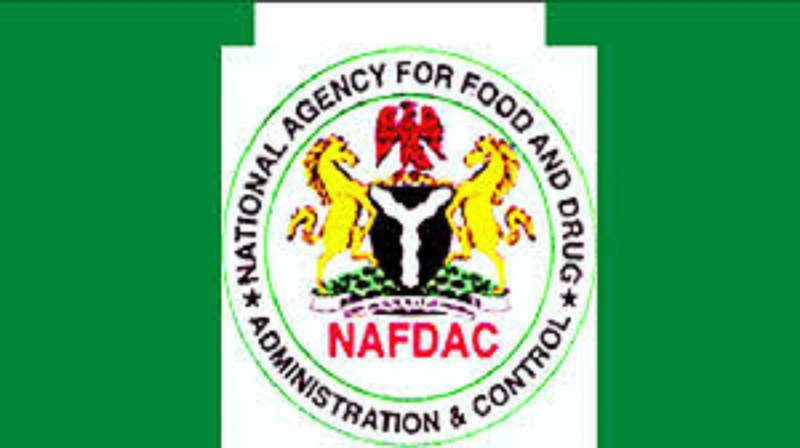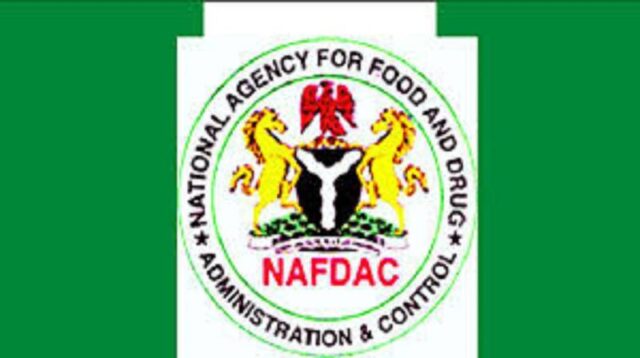
By Uche Amunike
The Director-General of the National Agency for Food and Drug Administration and Control, NAFDAC, Prof Moji Adeyeye has raised concerns over the steady rejection of food and agricultural Products from Nigeria by the United States of America, USA and the European Union member countries as a result of what she termed ‘poor quality’.
Speaking in a Press Statement which she titled, ‘Quality and Safety of Export Food Trade’, Adeyeye mandated all the regulatory agencies that are responsible for ensuring high standard of import and export quality to seek urgent and lasting solutions to Rapid Alert System for Food and Feed, (RASFF), border rejection notifications from the European Commission on products originating from Nigeria.
According to her, the amount of food and agricultural commodities currently facing challenges at entry points in different countries in the United States and in Europe where they have been repeatedly rejected was a source of deep concern and worry.
This, she lamented, is because the repeated rejection has greatly dented the image of the country, globally.
Hear her: ‘NAFDAC has a statutory responsibility to safeguard public health through the execution of its mandate. We are charged with the responsibility to regulate and control the manufacture, importation, exportation, distribution, advertisement, sale and use of food, drugs, cosmetics, medical devices, bottled and packaged water, chemicals – generally referred to as NAFDAC regulated products.’
‘NAFDAC is designated as World Trade Organization/Sanitary and Phytosanitary Enquiry Point in Nigeria on Food Safety to facilitate international trade, and respond to enquiries on safety standards, regulations, and guidelines on food trade in Nigeria.’
She explained that Nigerian products meant for the export market internationally were faced with the problem of contaminants like pesticide residues, notoriously dichlorvos and other impurities, which exceeded the maximum permitted level and some others with inadequate packaging and labelling, which is one of the biggest factors that have led to the rejection of the products in the global market.
She claimed that the international market due to its competitive nature, usually welcomes high quality products with the right certifications and environmental friendly quality packaging for global trading, stressing that the problem of quality, standard, certification and proper packaging for made-in-Nigeria products meant for exports has always been an issue in the international market, also adding that there was a need for the issue of rejection to be addressed.
She disclosed that the agency has regularly intervened all these years, to assist Nigerian exporters to meet up with the international regulations in order to create employment and earn foreign exchange for Nigeria.
She maintained that this intervention by NAFDAC has ensured that these products are subjected to 100% pre-export testing and issuance of health certificates to products with satisfactory limits before European Union,(EU), further verifies at their border control points.
She further stated that NAFDAC, after analyzing the RASFF alert from the EU, had observed that most rejected products by the EU were smuggled out and not certified by NAFDAC or the Nigerian Agricultural Quarantine Services at the ports, saying that it called for proper synergy among all government agencies to fight the indecent acts of some exporters and ensure that only quality and certified products are exported.
‘We need to close gaps and work together to prevent regulatory gaps being exploited by the unscrupulous traders and their collaborators. There must be convergence for all regulatory activities especially at the Ports of Exit as a starting point before we begin cleaning up and capacitating the honest operators and traders within the country’.
She said that NAFDAC sensitized food processors, handlers and exporters through training programs, workshops and seminars on current road safety management requirements like Hazard Analysis and Critical Control Points (HACCP), Good Manufacturing Practices (GMP), Good Hygiene Practices (GHP), Risk Analysis to ensure that products are safe and of good quality to gain consumers’ confidence and acceptability in Nigeria and international export markets.
‘Effective assessments of export products are very key and basic information that may need to be considered in the accompanying shipping documents include Certificate of Radiation, Health certificate, Sanitary and Phytosanitary certificate, Evidence of fumigation of vessels and evidence of risk-based inspection on food Safety, must all be certified by the appropriate and designated competent authorities having current scope-testing accreditation.’







